
Professor David Gallo (Psychology) highlights the difference between working memory and long-term memory in The New York Times.

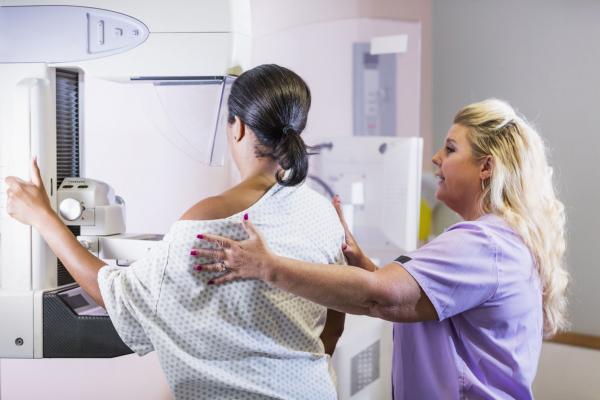
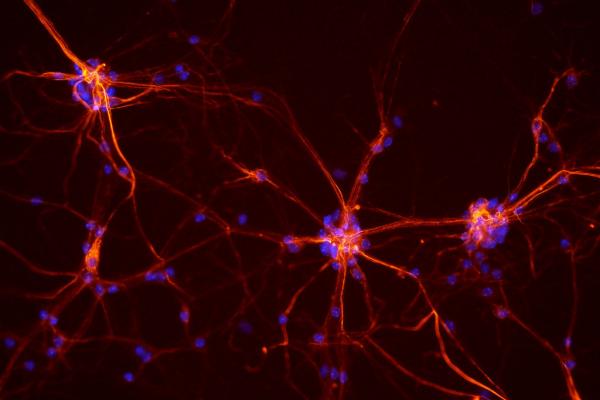
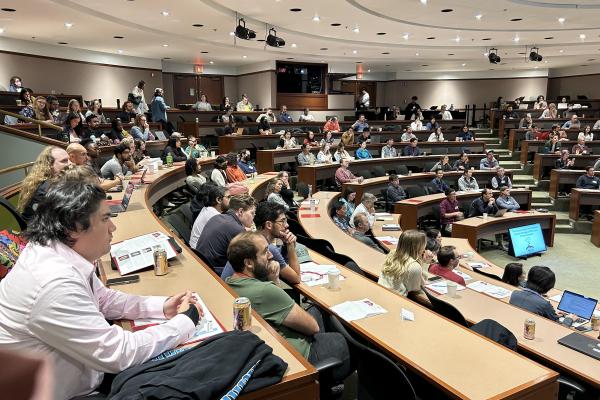
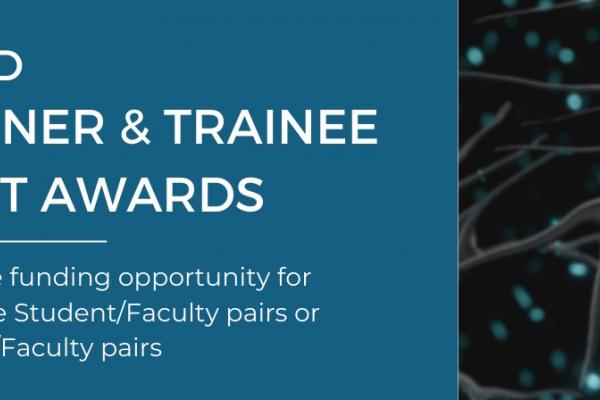
The Center for Motor Neuron Disease (CMND) is launching an internal call (U Chicago labs only) for CMND Trainer & Trainee Pilot Awards, a new funding opportunity to support the generation of exploratory data in the field of motor neuron disease. This is a unique funding opportunity designed for graduate student/Principal Investigator (PI) pairs or postdoc/PI pairs.
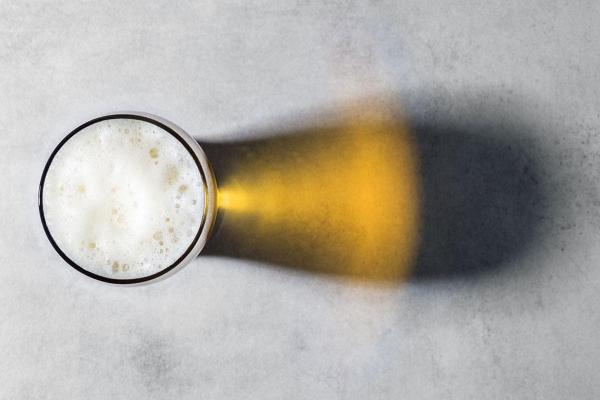
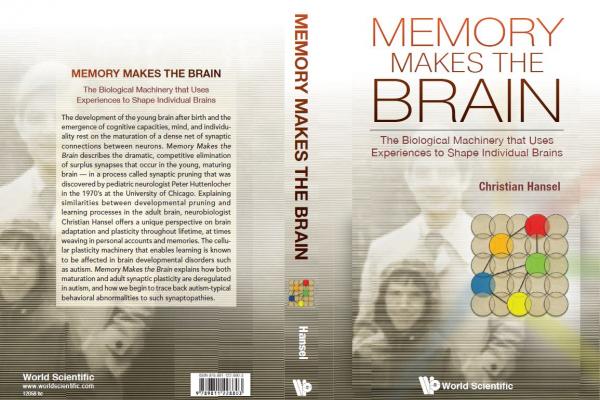
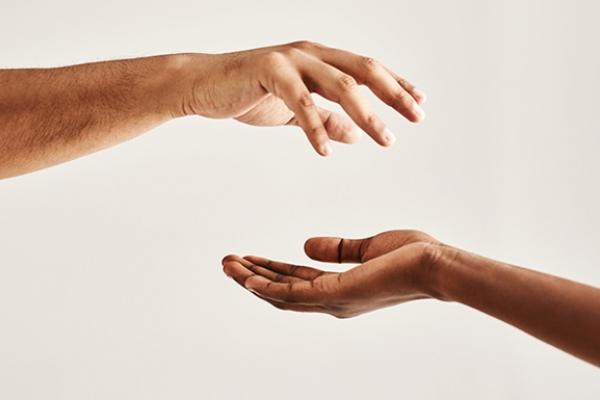

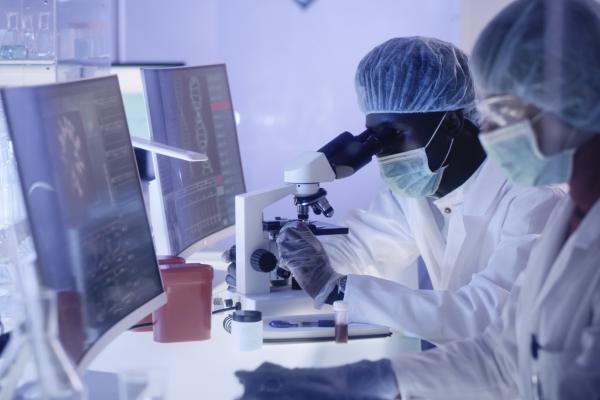
© 2024 The Neuroscience Institute. All Rights Reserved. Web Design by EDUCO